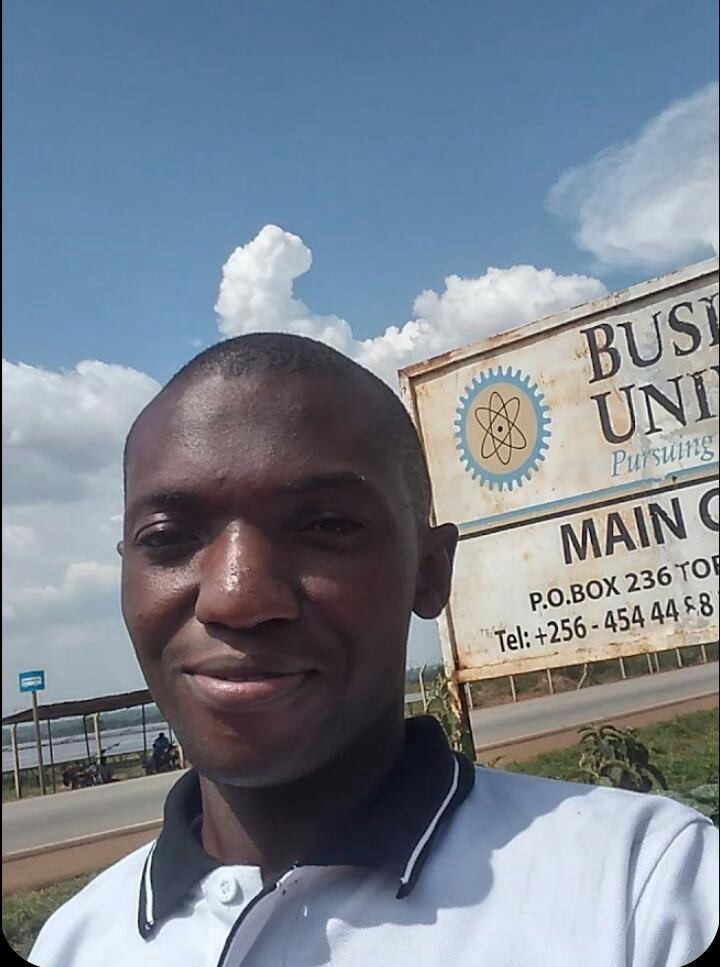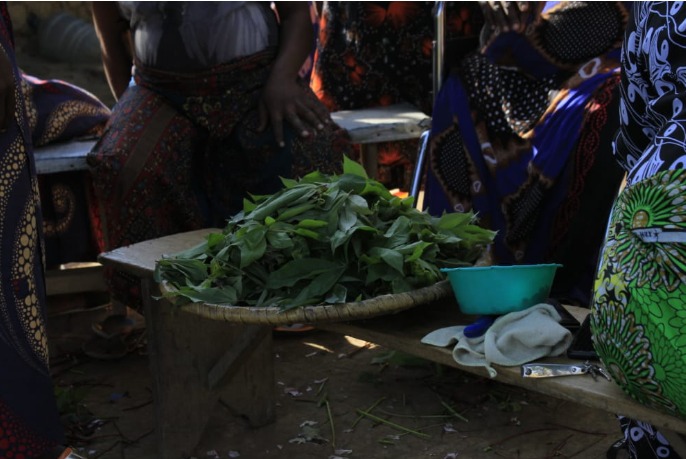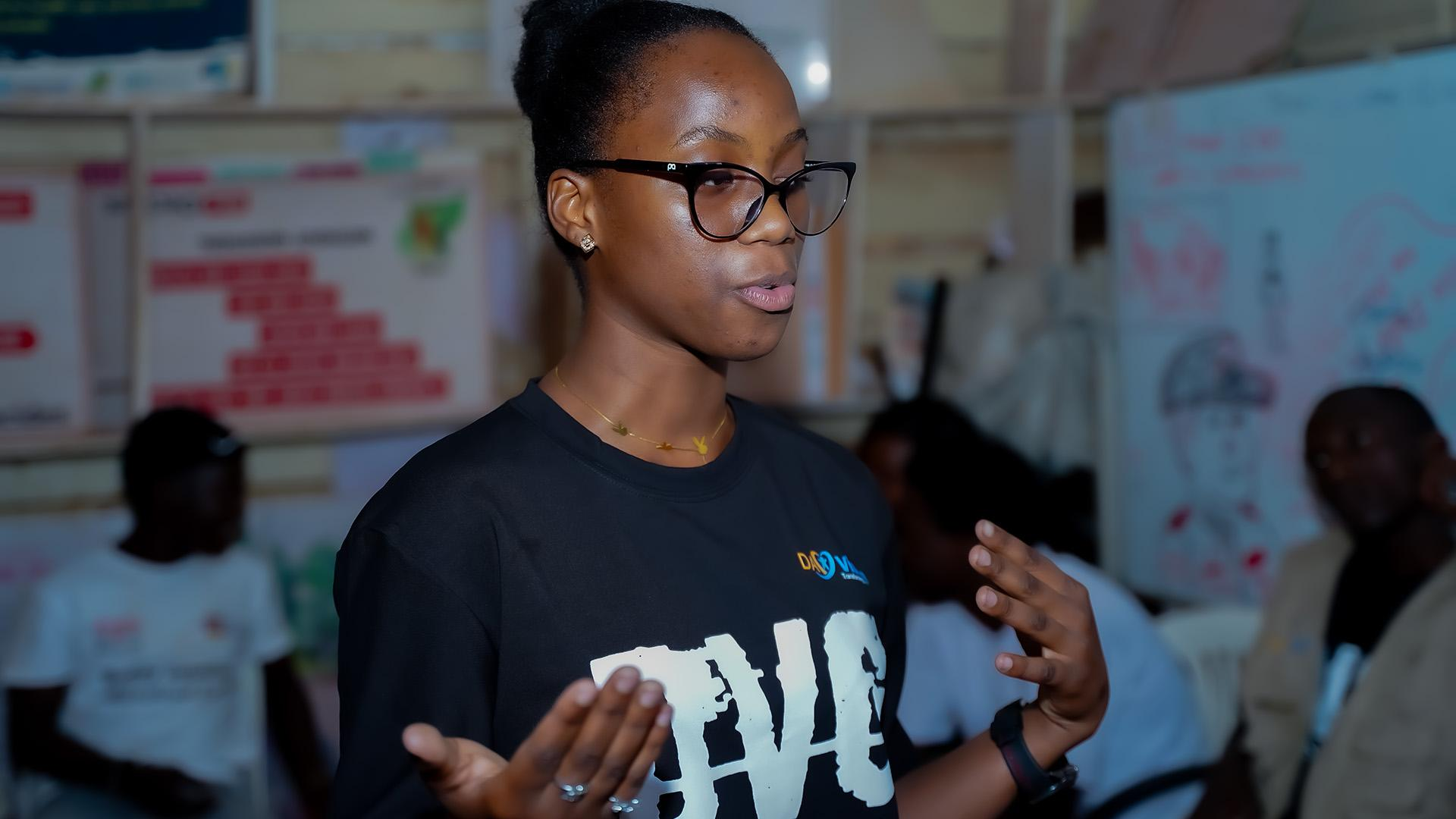My name is Abdul Karim Ssensamba, and I am deeply committed to improving the lives of
refugee women and girls, especially in Kyaka II Refugee Settlement. As someone who has
worked in various fields, including healthcare and social entrepreneurship, I have had the
privilege of engaging directly with the challenges faced by refugees in Uganda. My work centers
around promoting education, leadership, and empowerment for women and girls, with a strong
focus on reproductive health, mental well-being, and advocating for child rights.
In my role, I provide counseling for abuse victims, advocate for community participation, and support the development of skills training programs aimed at fostering self-employment. I believe that through education and awareness, we can help these women and girls reclaim their agency and create pathways toward a better future.
“Through my experiences, I have witnessed the incredible resilience of refugee women and girls, who, despite facing unimaginable hardships, continue to strive for hope and a better tomorrow. My goal is to be a part of the movement that amplifies their voices and ensures their rights are upheld.”
I am grateful for the opportunity to contribute to this cause and am determined to continue empowering those who need it most.
In the heart of Kyaka II Refugee Settlement, a community filled with hope yet marked by hardship, refugee women and girls are grappling with some of the toughest realities. These women and girls, displaced from their homes and caught in the unrelenting grip of conflict, are often left behind, with their voices unheard and their rights trampled upon.
The Struggles of Women
For many refugee women in Kyaka II, the journey to safety was just the beginning of a new, silent battle. These women often face violence, including domestic abuse, sexual assault, and exploitation, while struggling to secure basic needs such as food, shelter, and healthcare. The burden of providing for families while shouldering trauma from displacement is overwhelming. In addition, there are limited opportunities for meaningful employment, and women are often excluded from community decision-making, further isolating them from the support they need.
The Challenges for Girls
Girls in Kyaka II experience challenges unique to their age and gender. Many are at risk of early marriage and sexual exploitation, with little protection or recourse. Educational opportunities are scarce, and many girls are forced to work or care for siblings, leaving them unable to attend school and limiting their futures. The stigma surrounding menstruation further complicates their lives, as access to sanitary products is minimal, and the knowledge around reproductive health is often poor.
Breaking the Silence
Despite these harsh realities, efforts are underway to create a platform for the voices of these women and girls to be heard. Through education, community engagement, and empowerment programs, refugee women and girls are starting to reclaim their dignity and make strides toward independence. Self-employment through vocational training, advocacy for child rights, and raising awareness on sexual and reproductive health are critical in helping these individuals break free from the cycles of abuse and poverty.
As a community, we can amplify these efforts by supporting programs that offer psychosocial counseling, skills training, and mental health services. By providing safe spaces and resources, we can help these women and girls find their voices, reclaim their agency, and rebuild their lives in the face of adversity.

Great! Let’s tailor the story to reflect your personal involvement and insights in a way that brings a more intimate perspective to the challenges faced by the women and girls in Kyaka II. Here’s an updated draft that incorporates your direct engagement and highlights the importance of the work you’re doing:
Resilience Amidst Struggle: The Journey of Refugee Women and Girls in Kyaka II
In the sprawling Kyaka II Refugee Settlement, nestled among the hills of Uganda, a silent yet powerful story is unfolding. Refugee women and girls, displaced by violence and conflict, face some of the hardest battles—battles not only against the harshness of their surroundings but also against the silence that surrounds their suffering.
The Struggles of Women in Kyaka II
The journey to Kyaka II was supposed to be a pathway to safety, but for many women, it has instead led to a life filled with uncertainty. Forced to flee from violence, they often arrive at the settlement already burdened with grief and trauma. The struggles of securing shelter, food, and access to healthcare are compounded by the challenges of living in a system that often overlooks their needs.
I’ve seen first-hand the emotional and physical toll this takes. Women are often left without the means to support themselves or their families, as opportunities for employment remain scarce. The stigma of displacement, combined with domestic violence and sexual exploitation, creates an environment where many women live in constant fear. Yet, despite these hardships, I also witness incredible acts of resilience. These women, though scarred, continue to push forward, finding strength in their communities and striving for a better future for their children.
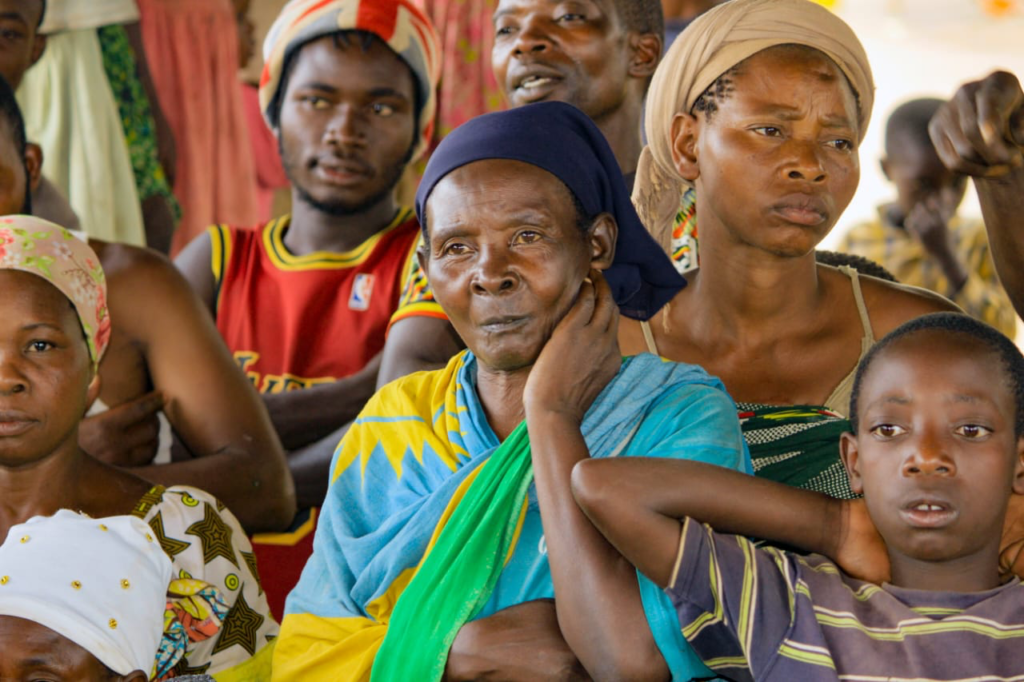
The Unheard Struggles of Refugee Girls
Among the most vulnerable in Kyaka II are the young girls—many of whom carry the weight of the world on their shoulders. Forced into early marriages, subjected to violence, and denied access to education, these girls are the silent victims of an ongoing crisis. They are often deprived of their childhood, expected to take on adult responsibilities before their time, and at risk of falling into cycles of abuse that can feel unbreakable.
I’ve witnessed the devastating effects this has on their mental and physical well-being. Many girls lack access to sanitary products, making menstruation a source of shame and hardship. They may not have the information they need to protect themselves from sexual exploitation or early pregnancy. But despite these barriers, there is a spark of hope—these girls, given the right support, can break through the walls of despair.
Empowering Change through Education and Advocacy
Through my work in the settlement, I’ve become part of a movement to give these women and girls the tools they need to reclaim their lives. Providing education on sexual and reproductive health, supporting self-employment through skills training, and establishing advocacy networks for child rights are vital to lifting these individuals out of their struggles.
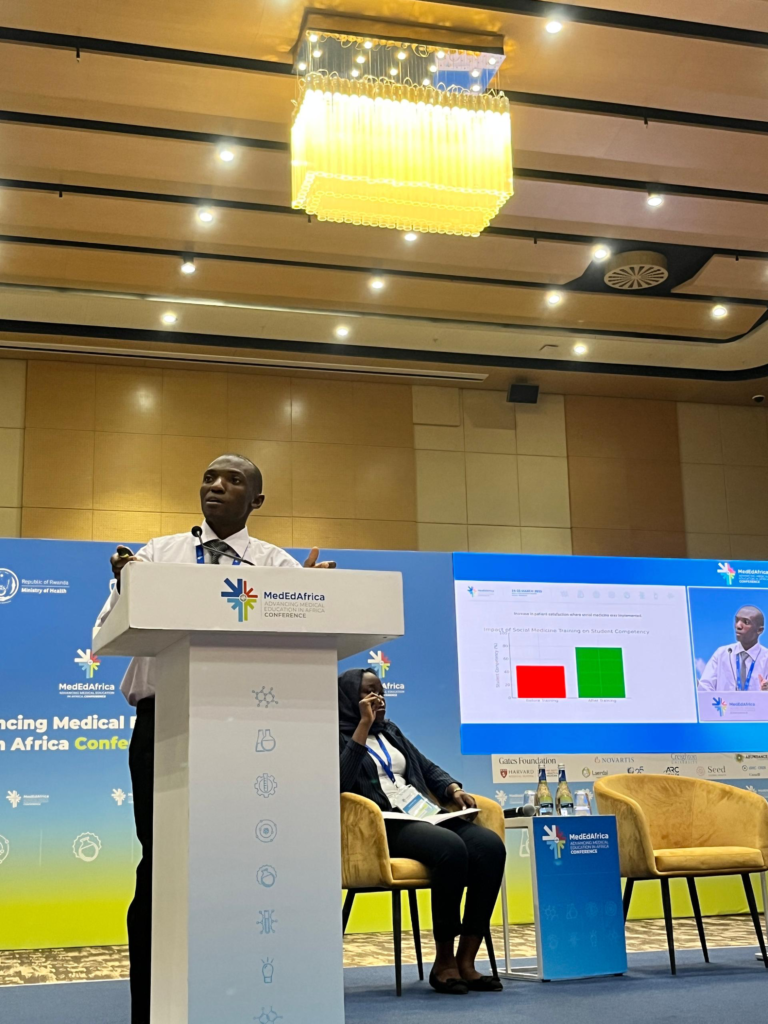
We are working to provide a safe space where these women and girls can speak up, share their stories, and begin to heal. From counseling to community-based support systems, these efforts are helping to create an environment where the voices of refugee women and girls are no longer silenced.
The work we do is not easy, but it is incredibly meaningful. Every girl who gains the confidence to attend school, every woman who learns a trade to support her family, is a victory. Through collaboration and dedication, we can break the cycle of abuse and displacement, creating a future where these women and girls can thrive—not merely survive.
By Abdulkarim Ssensamba medical Practitioner Case International Uganda

